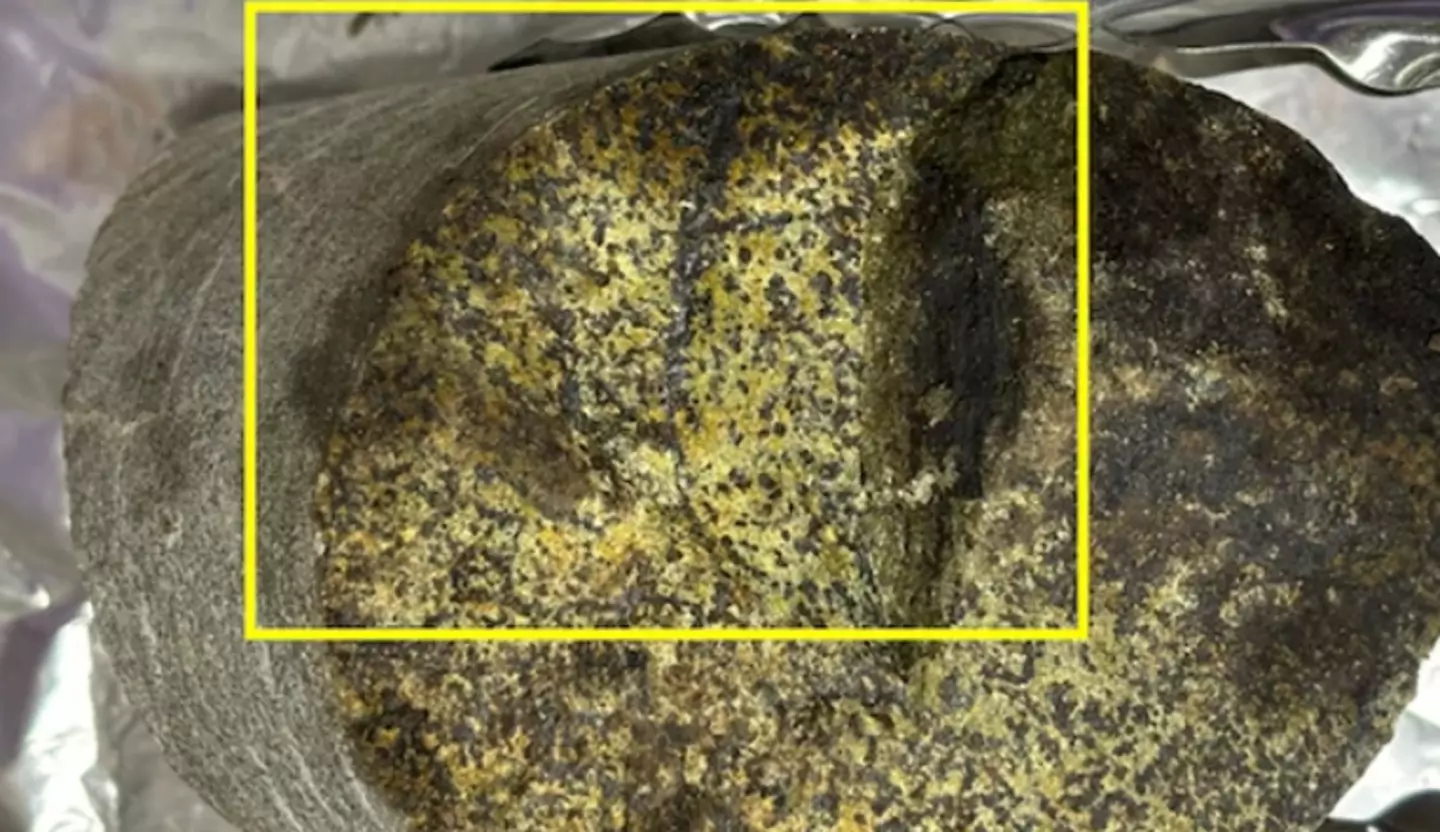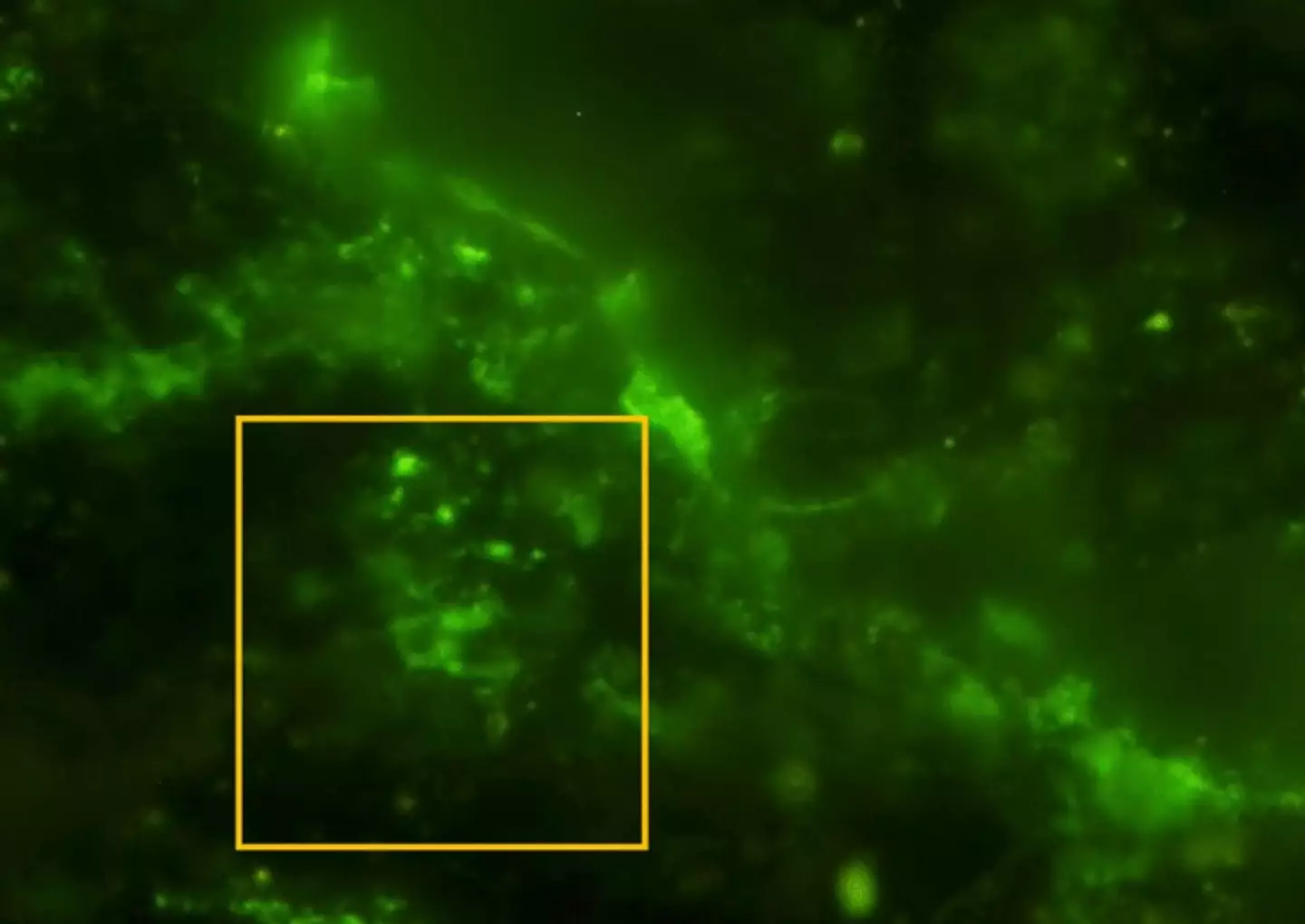Scientists crack open 2,000,000,000-year-old stone and make groundbreaking discovery
The rock was discovered in South Africa and contained something rather shocking
Scientists drilling in South Africa made an unexpected discovery when they cracked open an ancient rock – and it could hold the key for further understanding early evolution.
The International Continental Scientific Drilling Program is currently out executing ultradeep drilling in the Bushveld Igneous Complex, South Africa and during their efforts, the team managed to get a 30cm rock core sample.
Hoping to find out more, scientists excavated the rock, cut it into thin slices and analyzed it.
But what they discovered within it was far from what they could have imagined.
The team ended up finding what they believe to be microbial cells in the cracks of the rocks. If these turn out to truly native to the rock (AKA not from contamination), it would make them the oldest living microorganisms found within rocks ever.
The team wrote about the ‘exciting’ news in a recent study, hypothesizing that the microbes could not only help us understand this early period of the Earth in relation to living things but also about living things that once existed on other planets, most notably Mars.

Microbes were found within a two-billion-year-old rock in South Africa. (Y. Suzuki, S. J. Webb, M. Kouduka et al. 2024/ Microbial Ecology)
Yohey Suzuki, lead author of the recent study, released a press statement explaining just how monumental this discovery was.
“Until now, the oldest geological layer in which living microorganisms had been found was a 100-million-year-old deposit beneath the ocean floor,” Suzuki said. “This is a very exciting discovery.”
The associate professor from the Graduate School of Science at the University of Tokyo continued, explaining what this discovery could lead to here on Earth: “By studying the DNA and genomes of microbes like these, we may be able to understand the evolution of very early life on Earth.”

These microbes are the oldest living microorganisms scientists have discovered to date. (Y. Suzuki, S. J. Webb, M. Kouduka et al. 2024/ Microbial Ecology)
Suzuki also believes the ability to discover and analyze microbes from rocks dating back to the Paleoproterozoic Era could aid us in understanding things about the history of Mars as well.
“NASA’s Mars rover Perseverance is currently due to bring back rocks that are a similar age to those we used in this study,” Suzuki noted.
“Finding microbial life in samples from Earth from two billion years ago and being able to accurately confirm their authenticity makes me excited for what we might be able to now find in samples from Mars.”